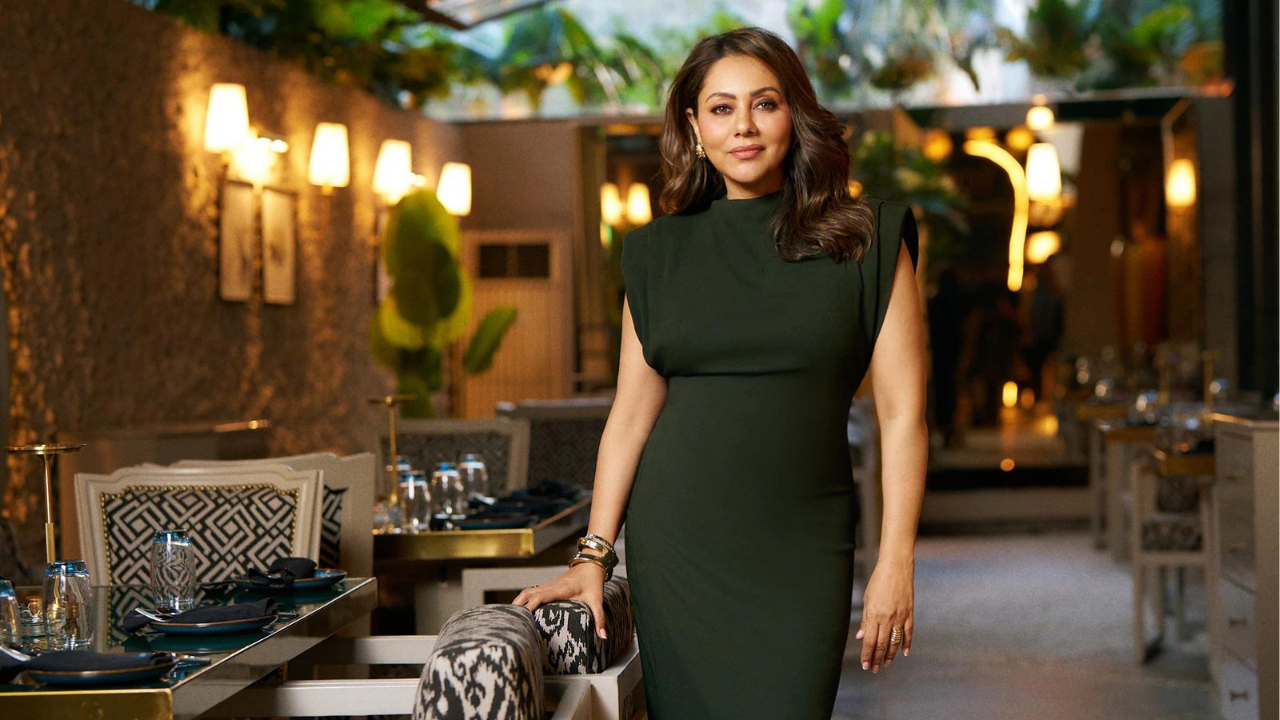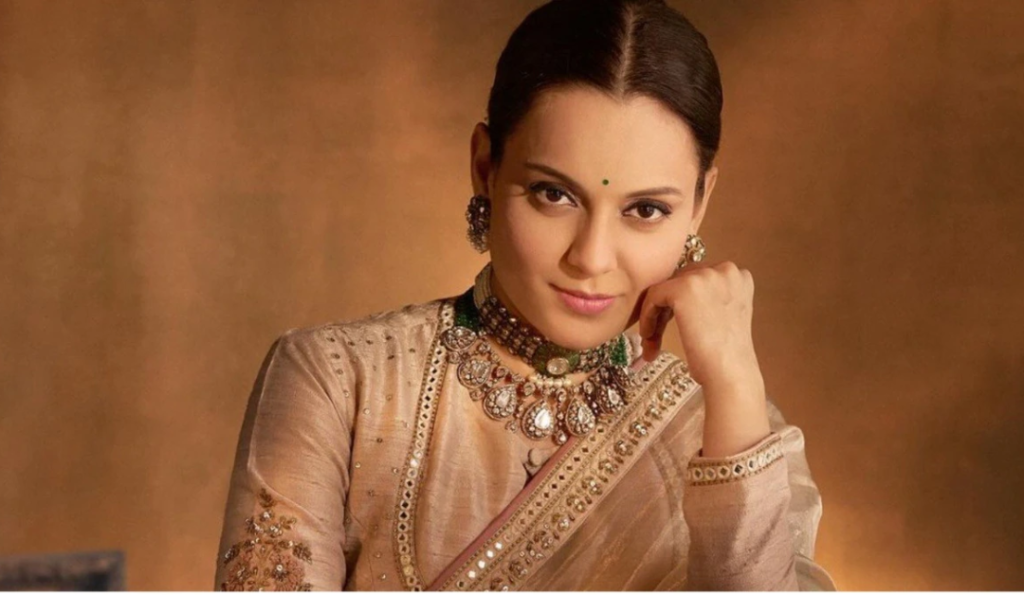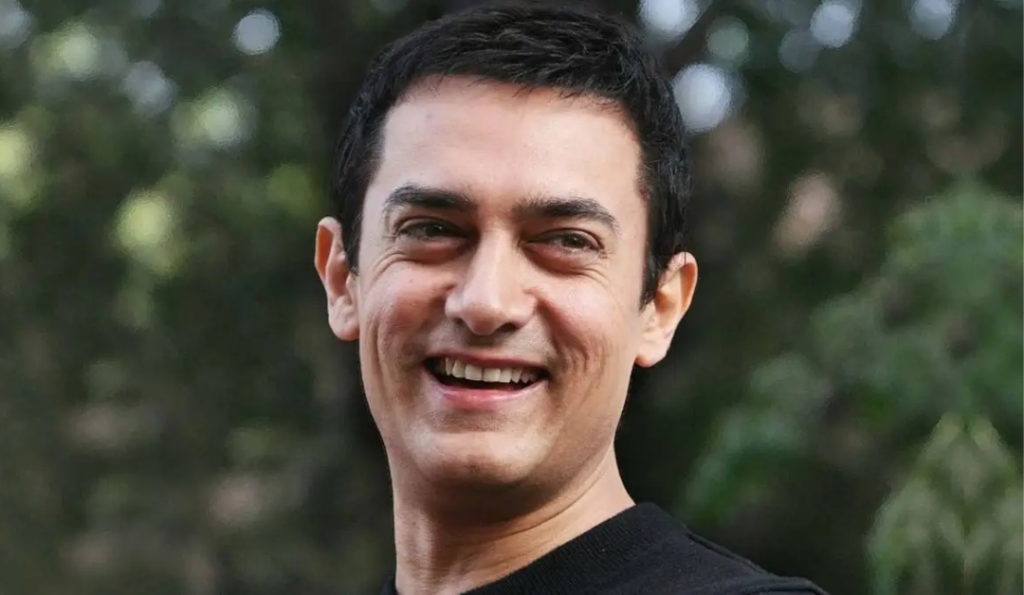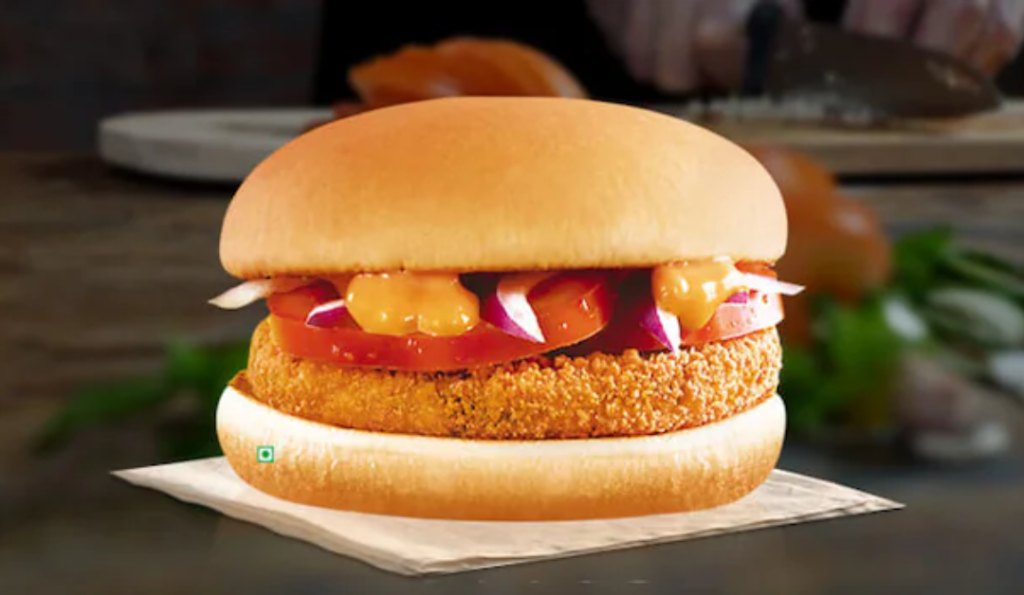Influencer Tests Paneer at Gauri Khan, Virat Kohli & Shilpa Shetty’s Eateries—One Fails the Iodine Test

A viral video posted by 19-year-old influencer Sarthak Sachdeva has sparked a social media debate on food quality and ingredient authenticity at some of Mumbai’s most high-profile restaurants — including those owned by Bollywood celebrities like Virat Kohli, Shilpa Shetty, Bobby Deol, and Gauri Khan.
The video, which has now crossed over 5.5 million views, shows Sarthak conducting the iodine test — a trending DIY method used to check for starch in paneer — at several well-known eateries. While most of the celebrity restaurants passed the test, it was Gauri Khan’s Torii that became the centre of discussion after the influencer claimed the paneer used in one of the dishes there “failed” the test.
The Iodine Test: What It Is and What It Reveals
The iodine test is a basic chemical reaction used to detect starch. When iodine solution comes in contact with starch, it changes color — typically turning blue or black, indicating the presence of starch. The test is commonly used by home cooks and food enthusiasts to check for potential adulteration in paneer or dairy products.
In the context of paneer, if the iodine test shows a color change, it may suggest that the paneer contains starch, which is sometimes added to enhance texture or volume. However, experts have pointed out that the test isn’t always definitive. Certain soy-based ingredients or food preparation methods may also yield a similar reaction, making lab testing a more accurate alternative.
Celebrity Restaurants Under the Lens
In his video, Sarthak visited Virat Kohli’s One8 Commune, Shilpa Shetty’s Bastian, and Bobby Deol’s Someplace Else — ordering paneer-based dishes and applying the iodine test on them. All three restaurants, according to the influencer, passed the test, suggesting no visible starch adulteration in the paneer served.
However, things took a turn when he visited Torii, Gauri Khan’s newly opened and much-publicized restaurant in Mumbai. Upon conducting the same test, he claimed that the paneer showed signs of starch, raising questions about the authenticity of the ingredients used.
The influencer clarified in the caption and comments that this wasn’t a personal attack and even praised the restaurant’s food. “So am I banned now? BTW your food is amazing,” he wrote in response to Torii’s official comment.
Restaurant Responds: ‘We Stand by the Purity of Our Ingredients’
The video sparked a flurry of comments online — some praising the influencer’s transparency, while others questioned the validity of the test and its potential consequences. As the conversation grew, Torii’s official Instagram handle issued a response to clarify their stance.
“The iodine test reflects the presence of starch, not the authenticity of the paneer. As the dish contains soy-based ingredients, this reaction is expected. We stand by the purity of our paneer and the integrity of our ingredients at Torii,” the restaurant wrote.
This statement highlights an important nuance — that starch presence may result from other elements in a complex dish, especially those incorporating soy or alternative proteins, which are increasingly common in contemporary menus.
The Larger Conversation: Food Quality and Online Accountability
While social media offers a powerful platform for reviews and accountability, incidents like this also open up broader discussions about consumer awareness, testing accuracy, and brand reputation in the digital age. Many experts warn that DIY food testing methods, though useful for general guidance, should not be taken as final proof of adulteration unless verified by certified labs.
The influencer’s approach, although bold, has also sparked debate on responsibility and ethics in content creation — especially when it involves businesses and public figures.
This viral paneer purity test may have started as a social experiment, but it has quickly evolved into a case study of how digital content intersects with food safety, celebrity branding, and consumer trust.
As conversations continue online, one thing is clear: whether you’re an influencer or a restaurant owner, transparency, education, and respectful dialogue remain at the heart of public trust in today’s culinary landscape.






No Responses